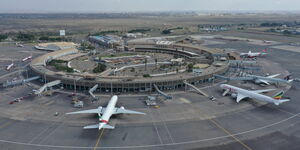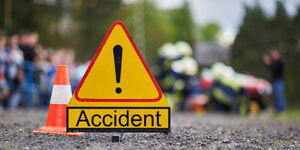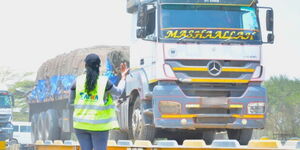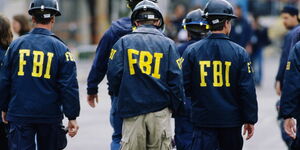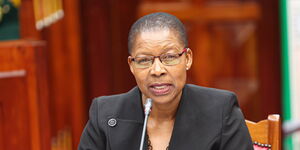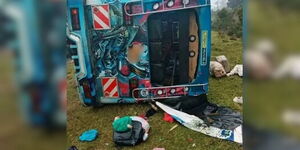The cost of running a hotel in Kenya has increased over the years with hoteliers now needing at least 18 licences, permits and tax compliances.
The permits and licences are given by the national and county governments as well as different state agencies and copyright enforcers.
Kenyans.co.ke compiled the list of all requirements needed to run a hotel in Kenya and the issuing authority.
They include a Trade Licence (single permit), Liquor Licence, Food Hygiene Licence, Billboard Advertisement, Occupational Safety, Fire Clearance Certificate and National Environment Management Authority (NEMA) licence.
Others include Directorate of Occupational Safety and Health Services (DOSH) clearance and The National Industrial Training Authority (NITA) certificate.
For hotels where music is played in the establishment, a merged certificate from the Performers Rights Society of Kenya, the Kenya Association of Music Producers, and the Music Copyright Society of Kenya (KAMP-PRISK-MCSK) is mandatory.
Additionally, hotel owners need to pay Value Added Tax, Tourism Levy, The National Health Insurance Fund (NHIF), The National Social Security Fund (NSSF), Income Tax and Pay As You Earn Tax (PAYE).
Hotel owners also need to pay Tourism Levy, Housing Levy and Bed Occupancy Levy.
A trading licence or business permit is offered by the county where it is located. The amount differs from one county to another with Nairobi County charging Ksh15,000 if the establishment has less than 5 employees.
A liquor licence is also obtained from the County Government costing an average of Ksh50,000 in major cities and towns.
Food hygiene certificates are obtained from government/county health facilities or county offices and are charged at an average of Ksh700.
According to the Occupational Safety and Health Act 2007, every occupier of a workplace should take effective steps to ensure that all persons employed therein are familiar with the means of escape in case of fire and with the routine to be followed in case of fire.
Fire clearance certificates and occupational safety clearance are also applied through county governments at an average of Ksh2,000.
A NEMA license is obtained after carrying out an environmental impact assessment done by a registered lead expert or company and is charged at Ksh100,000.
Counties that largely depend on tourism like Nakuru, Kilifi and Mombasa have a bed levy where business owners pay tax for every occupied hotel room.
Tourism Levy is paid to the Tourism Fund by hoteliers at a rate of 2 per cent of turnover.
The other taxes are paid as outlined by the National Treasury, the Revenue Authority and the Finance Act. The tax payable is revised annually through the tabling of a Finance Bill in Parliament.

